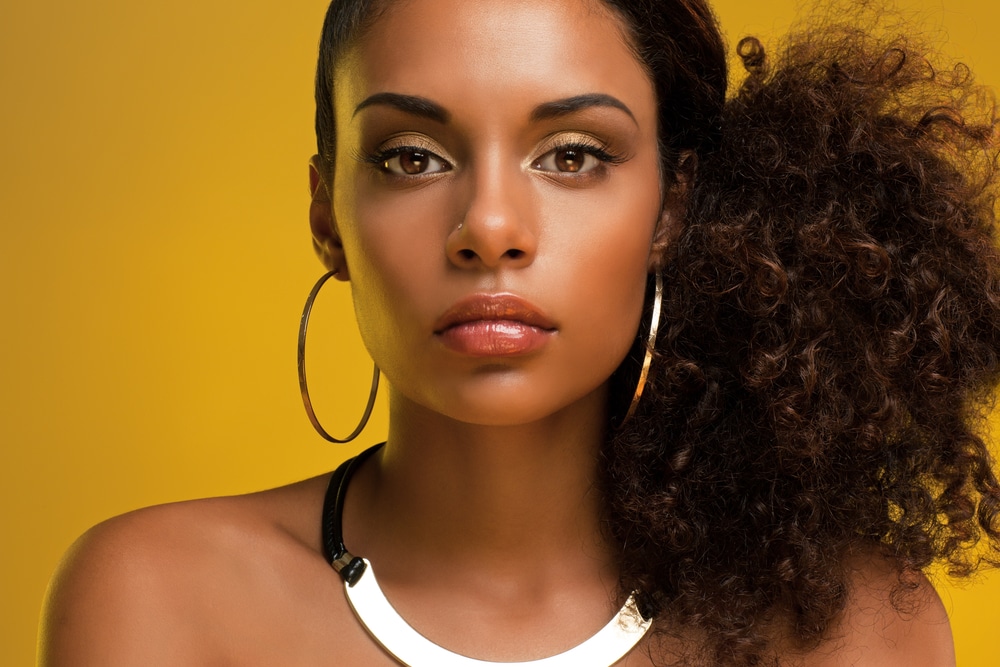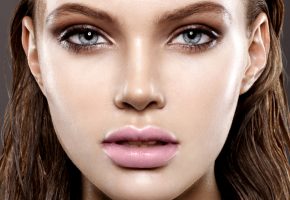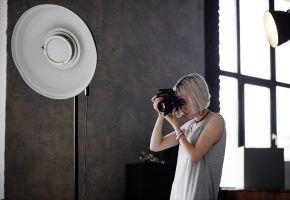Black Models UK: An Intersectional Outlook
Black models UK shouldn’t be a big deal in 2016 – we should be equally used to seeing black models as white models and any other races on the catwalks and in print. However, modelling is an industry which has traditionally had a few issues with intersectionality, which essentially means that sometimes black men and women have not been as well represented.
Sometimes, whilst we want to celebrate ALL models regardless of skin colour, it’s important to note that it’s not always better to take a colourblind outlook in these situations, and instead we should celebrate those black models UK and worldwide. This is because the conditions to secure modelling jobs across different races have not always been equal, and black models UK and elsewhere have faced oppression which is ingrained in society due to the notion of what was considered attractive in more racist times. Models who have achieved success despite these barriers deserve recognition!

Are Black Models UK Becoming More Successful?
Whilst other industries have made great strides on the equality front, it’s unfortunate that often the fashion industry falls behind in many respects. Shocking statistics revealed, for example, that black models UK are still being tokenized, although there have been small improvements in their prevalence in shows.
Modelling still seems ‘whitewashed’, with almost 80% of models walking during Fashion Week 2015 being white.
Jourdan Dunn is a stunning London born model who speaks about many of the awful prejudices faced by black models UK. She reveals that she can be asked not to model simply because she’s “coloured” – something that would be unacceptable to say in almost any other industry. She talks about some very sad observations she has on the industry, and we think it’s great that she’s speaking out, because models are very often not protected, and this shouldn’t be allowed to continue.
Why The Industry Needs To Wake Up
Black models UK aren’t only often absolutely stunning; they’re representative of the market, too. Diversity exists within fashion consumers, and so its models should be diverse, too. If people see people who look like them on the catwalk, it makes sense that they’d be more likely to wear the latest trends and the designers would profit – which is surely what they want!
By ignoring black models UK, it makes businesses look bad, but it makes their business acumen look bad, too. There’s literally no reason for it.
If you’re a model, expose discrimination. Keep fighting. And look to successful models who have achieved the unexpected. We don’t all have to put up with prejudices, no matter how subtle or ingrained. If there’s nobody on the catwalk ‘like you’, vow to break the mould!
Do you feel you have struggled in modelling due to a lack of diversity?


